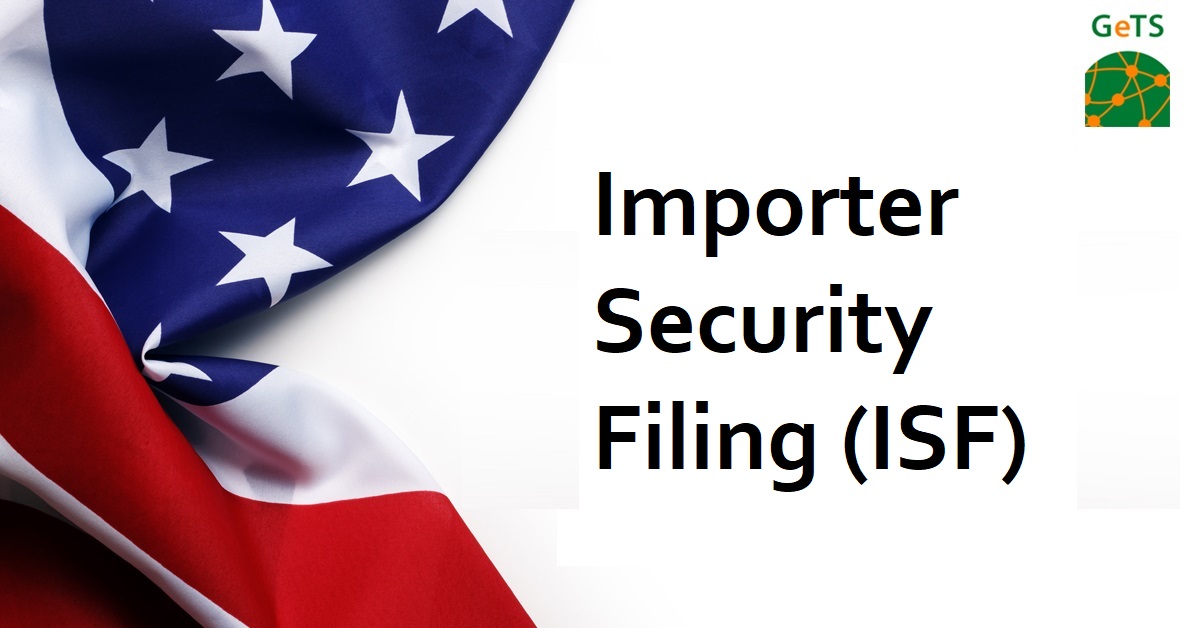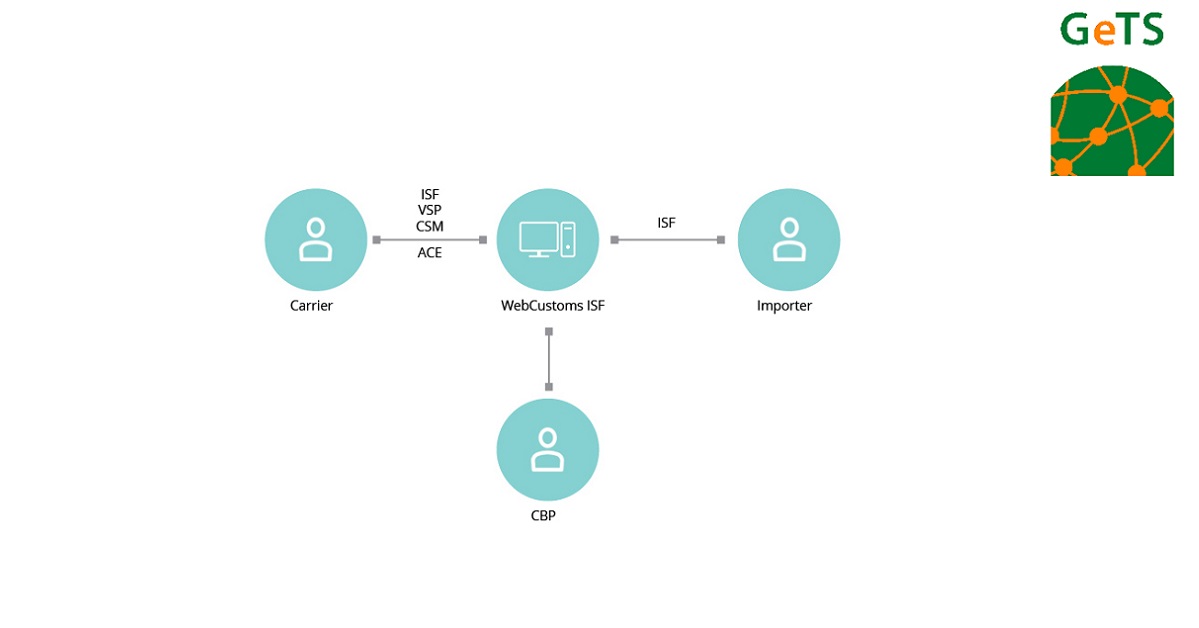
Importer Security Filing (ISF) is a rule that requires importers, customs brokers and other authorized agents in the marine mode of transport to submit additional information to CBP electronically before the shipment arrives in the U.S. The ISF rule became mandatory in January 2009.
Importer Security Filing (ISF) information is important because it is used for risk assessment and trade control. CBP use ISF-5 data to identify high risk shipments, prevent illegal activities like smuggling, and ensure that inbound marine shipments are not a threat to the health, safety and security of citizens. Failure to transmit accurate, complete and timely ocean cargo and ISF data to CBP may lead to monetary and non-monetary penalties, including delayed shipments and more frequent inspections.
FROB shipments
FROB (Freight Remaining on Board) and other containerized shipments, including break bulk cargo, IE (Immediate Exportation) and T&E (Transportation and Exportation) cargo transported by marine carriers require an ISF. Bulk cargo, air freight, and cross-border shipments are exempt from the ISF rule.
In general, importers and carriers must submit the data elements to CBP at least 24 hours before the shipment is loaded onto the ocean vessel at the foreign port. For containerized ocean cargo, the first eight data elements must be filed 24 hours before cargo is loaded onto the vessel at the foreign port. The other two data elements must be submitted 24 hours before the vessel arrives in the U.S.
It is the responsibility of the importer of record to submit the ISF to CBP. The importer is typically the owner/buyer of the imported merchandise or the party causing the goods to enter the limits of a port in the United States. An authorized agent such as a licensed customs broker may also submit the ISF on behalf of the importer.
For FROB, the importer is the carrier. For IE shipments, T&E in-bond shipments, and shipments destined for a foreign trade zone (FTZ), the importer/carrier is the party filing the IE, T&E, or FTZ documents. If IE or T&E documentation has not been filed 24 hours prior to lading, the party who will file the IE or T&E documentation is required to submit the ISF.
CBP Definitions:
Importer Security Filing Importer. The ISF Importer is the party causing goods to arrive within the limits of a port in the United States by vessel. For shipments other than FROB, the ISF Importer will be the goods' owner, purchaser, consignee, or agent such as a licensed customs broker. For IE, T&E in-bond, and shipments to be delivered to a Foreign Trade Zone (FTZ), the ISF Importer may also be the party filing the IE, T&E, or FTZ documentation. For FROB cargo, the ISF Importer will be the carrier or the non-vessel operating common carrier.
Importation. Importation means the point at which cargo arrives within the limits of a port in the United States.
Bulk cargo. Bulk cargo is defined as homogeneous cargo that is stowed loose in the hold and is not enclosed in any container such as a box, bale, bag, cask or similar. Such cargo is also described as bulk freight. Specifically, bulk cargo is composed of either a) free flowing articles such as oil, grain, coal, ore, and the like, which can be pumped or run through a chute or handled by dumping, or b) articles that require mechanical handling such as bricks, pig iron, lumber, steel beams, and the like.
Break bulk cargo. Break bulk cargo is defined as cargo that is not containerized, but which is otherwise packaged or bundled.



